3 Jan 2025
U.S. military contracts in December 2024 alone nearly equaled the entire U.N. budget for 2025
Bangkok — American companies were awarded nearly US$3.5 billion (yes, that’s right, billion) in military contracts just in the month of December 2024 alone. This included everything from drones and spare parts to satellites, military housing, drugs to combat the affect of radiation exposure, Artificial Intelligence capabilities, and more. One of the biggest orders for US$249 million is for “Long-Range Sub Orbital Vehicles (LSOV) to the Naval Surface Warfare Center Port Hueneme Division.”
That is just a little less than the entire United Nations budget for 2025.
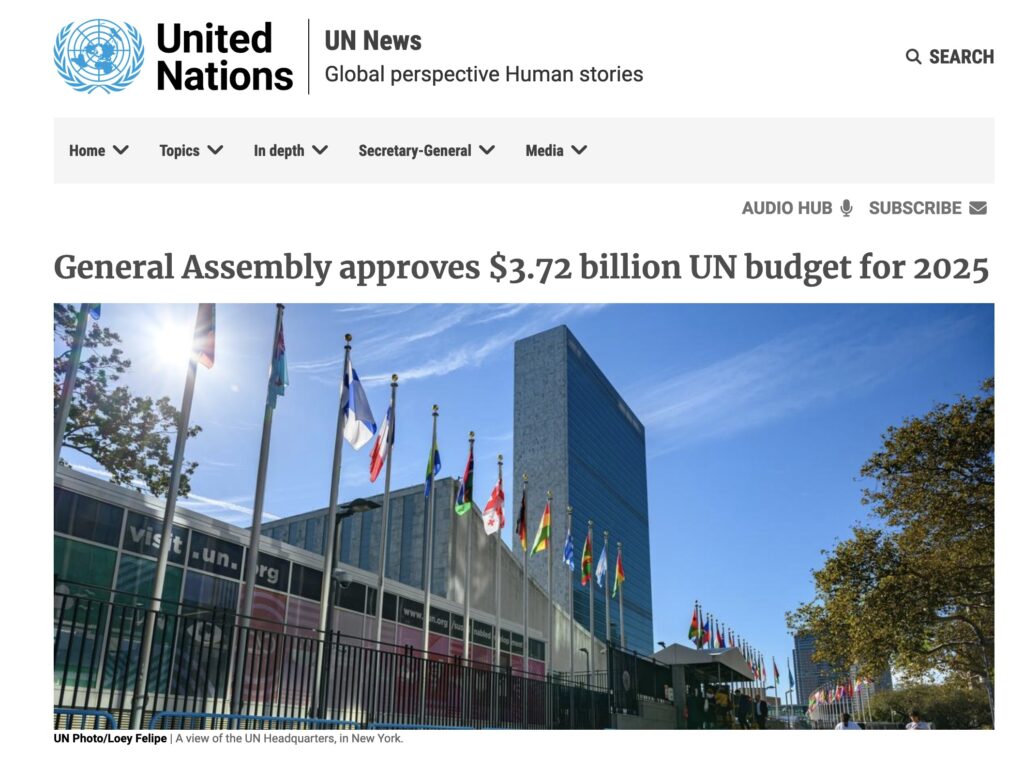
Why is this relevant to Travel & Tourism?
In December 2024, my professional colleague, Juergen Steinmetz, editor and publisher of eTurboNews, ran a series of opinion pieces from industry visionaries around the world on how Travel & Tourism can become a positive contributor to global peace. He wanted the industry to introspect a little more deeply about its future in the context of ongoing global instability, volatility and insecurity.
The responses covered a broad gamut of topics, from relaxed visa restrictions and community development to more cultural interactions. Many cited macro issues such as geopolitical conflicts and the rise of extremist, hate-mongering politics. Several noted the impact of ongoing conflicts such as Russia-Ukraine and Israel-Palestine.
Publishing the comments without fear or favour, Mr Steinmetz promised to pursue the agenda in 2025. He does not want it to be a one-off effort under which readers nod their heads in agreement, give a round of applause — and then turn the page.

I was one of the contributors to the compendium. And I intend to work with Mr Steinmetz to keep the issue alive.
If Travel & Tourism, the so-called industry of peace, seriously plans to start walking the talk, one key question that it will have to mull, and mull seriously, is: “Who benefits most, who profits from wars, destruction and conflict?”
The answer is not rocket science: The weapons makers, the merchants of death. Take a look at this compilation of press releases on the awarding of U.S. military contracts just in December 2024. Billions more are being spent by other countries worldwide.

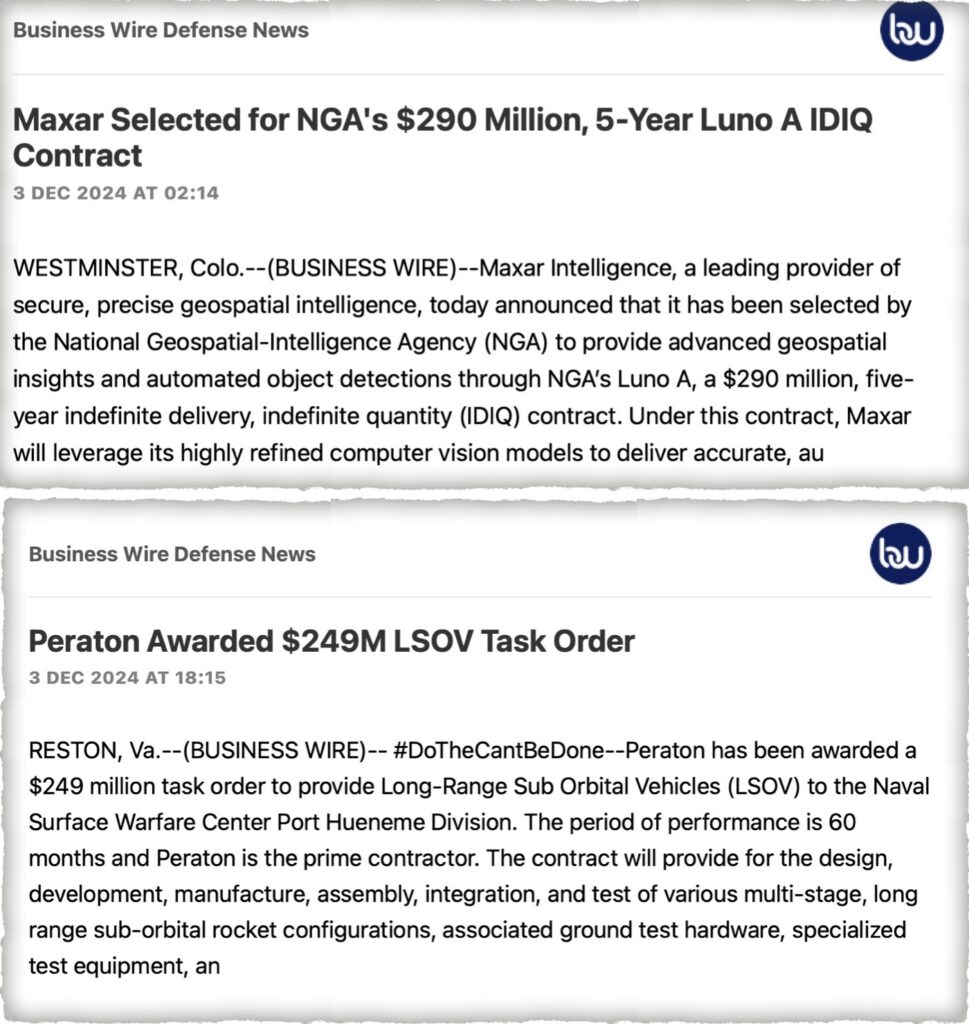

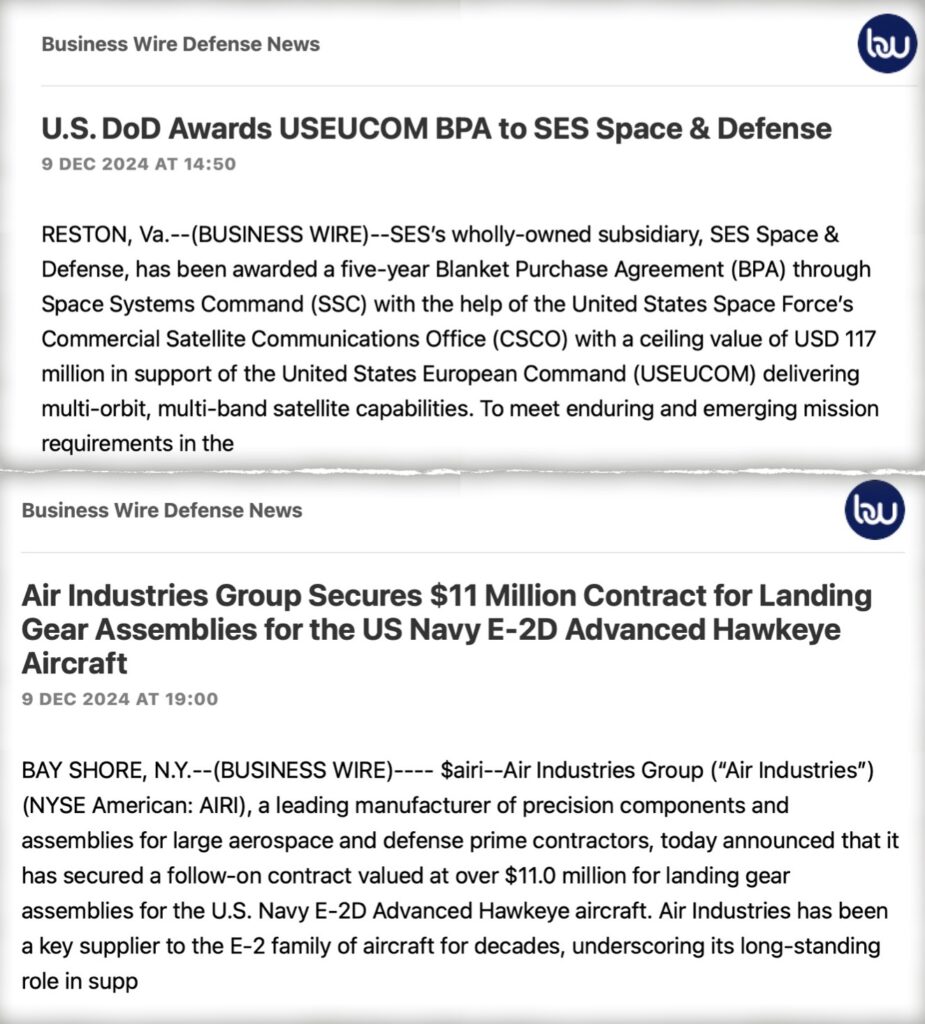
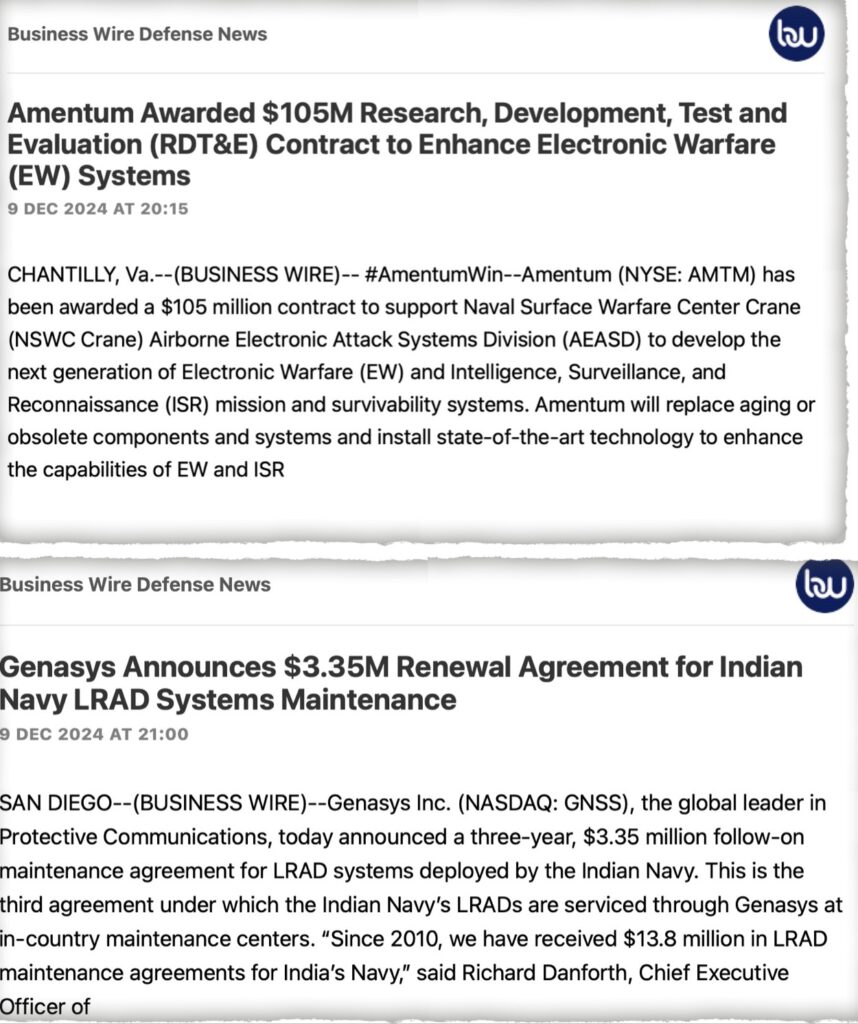




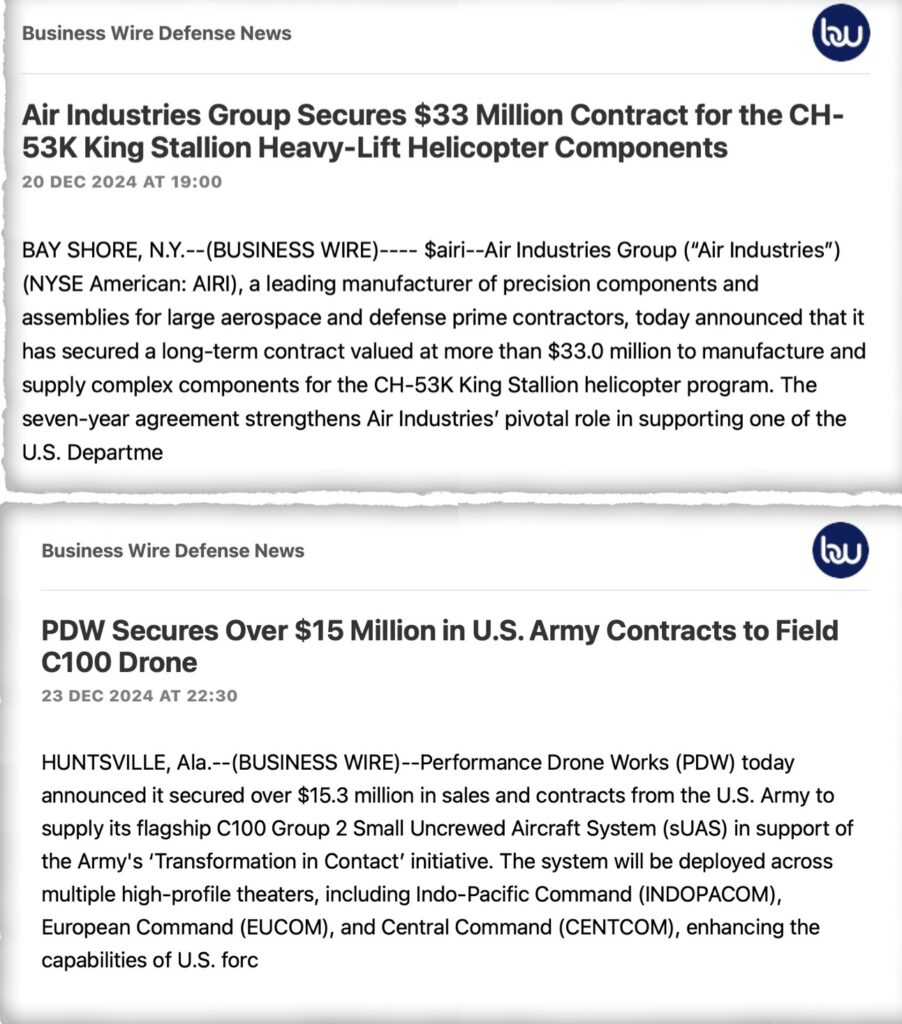
As the very simple research proves, the economic and commercial impact of the arms bazaar is beyond comprehension. Hence, while everyone talks about peace, happiness, safety, security and the UN Sustainable Development Goals, the military-industrial complex is in reality a far bigger job creator and driver of “economic development”, GDP and income distribution.
Global taxpayers ultimately pay both the price and the costs of conflict and wars. The human, social, cultural and environmental costs are virtually unaccounted for. Precisely because the arms business survives on continued war and conflict, Travel & Tourism faces many more decades of brutal, mind-numbing violence, along with its ripple-effect consequences — incalculable human suffering along with the fraying of democratic freedoms and human rights.
Monitoring military expenditure and contracts is easy. Companies seeking contracts both in the United States and abroad promote their products, just like in any other business sector. A deeper look at the companies’ shareholding, ownership, locations and supplier chains, would yield even more valuable information about the causes the companies’ and their senior executives support. That, too, is not difficult.
In advancing the peace-building agenda, Travel & Tourism will certainly face some dilemmas. The military-industrial complex generates huge revenue streams for Travel & Tourism, too. Witness the trade exhibitions, travel and entertainment spending by its corporate executives, personal travel by the highly-paid executives, and much more.
But what about the flipside? If the impact of global warming and climate change are so important, why are no questions asked about the carbon emission levels of the hundreds of tanks, naval ships, air force jets, armoured personnel carriers? How much energy do the arms-makers consume? What is the environmental impact of the mining for precious rare earth metals? Etc., etc.
How could US$3.5 billion per month be spent on making the world a better place? On funding the alleviation of poverty, promoting health and education and the UN Sustainable Development Goals at large?
Travel & Tourism can certainly play a role in helping converting swords into ploughshares.
In the ecotourism sector, we try and wean indigenous people, fishermen and forest dwellers away from dynamite fishing, wildlife hunting and deforestation by converting them into protectors of their natural habitats. They are persuaded to use their indigenous knowledge to become tour guides, and thus make a more sustainable living via preservation rather than destruction.
Perhaps there is a way of making the weapons makers do the same. Perhaps they can be persuaded to similarly redeploy their technological expertise for the betterment of humanity, rather than its destruction.
The academic community can certainly play a major role. There is no shortage of research that can be done on the linkages between peace, tourism and the role of geopolitics and the arms bazaar. Entire conferences can be organised on the topic, perhaps with the funding support of the weapons-makers.
It would be easy to simply pooh-pooh this. After all, the U.S. is awash with guns and regularly hit by all kinds of violence in schools and workplaces. In spite of that, it remains the world’s most in-demand tourism destination. On the surface, that argument alone would indicate that global wars, conflicts and violence have nothing to do global tourism flows.
The counter-argument is that within the United States, cities wracked by crime and violence also rank low in terms of visitor arrivals. Safety and security is a primary determinant of destination choice. Thus, PREVENTION becomes far more important than cure. While many countries have certainly used tourism as a force for economic and social recovery AFTER a conflict, certainly it makes more sense to PREVENT conflicts from breaking out in the first place.
Of course, a prevention-rather-than cure approach will NOT be good for the weapons makers.
All this is grist for the mill.
The simple data-gathering exercise in this post is designed to advance the agenda and put two questions up for debate: How much money is spent on weapons and armaments annually? And how could that money be redeployed to other more positive, constructive causes?
